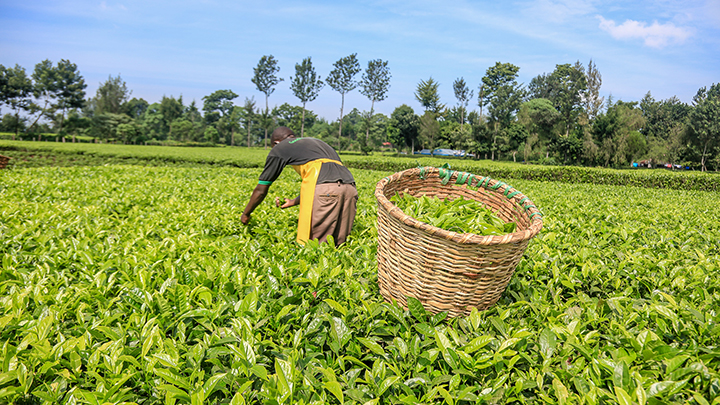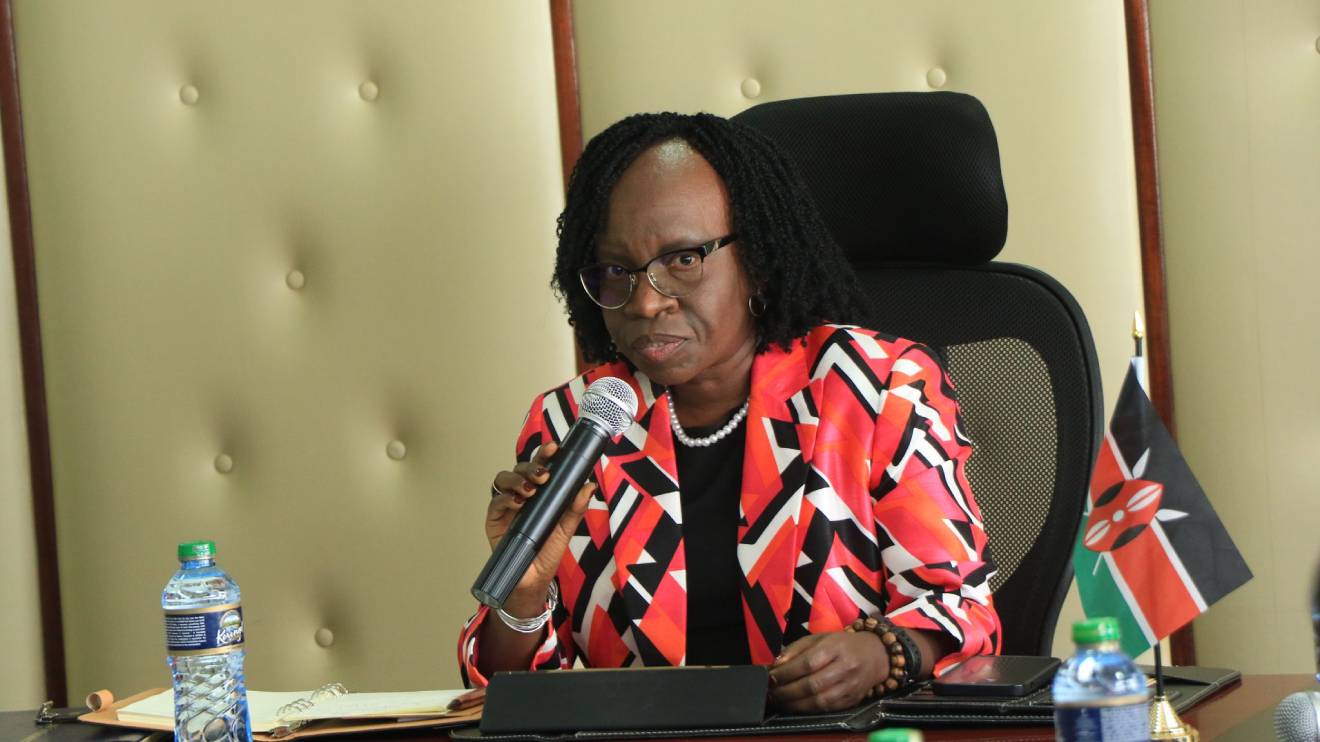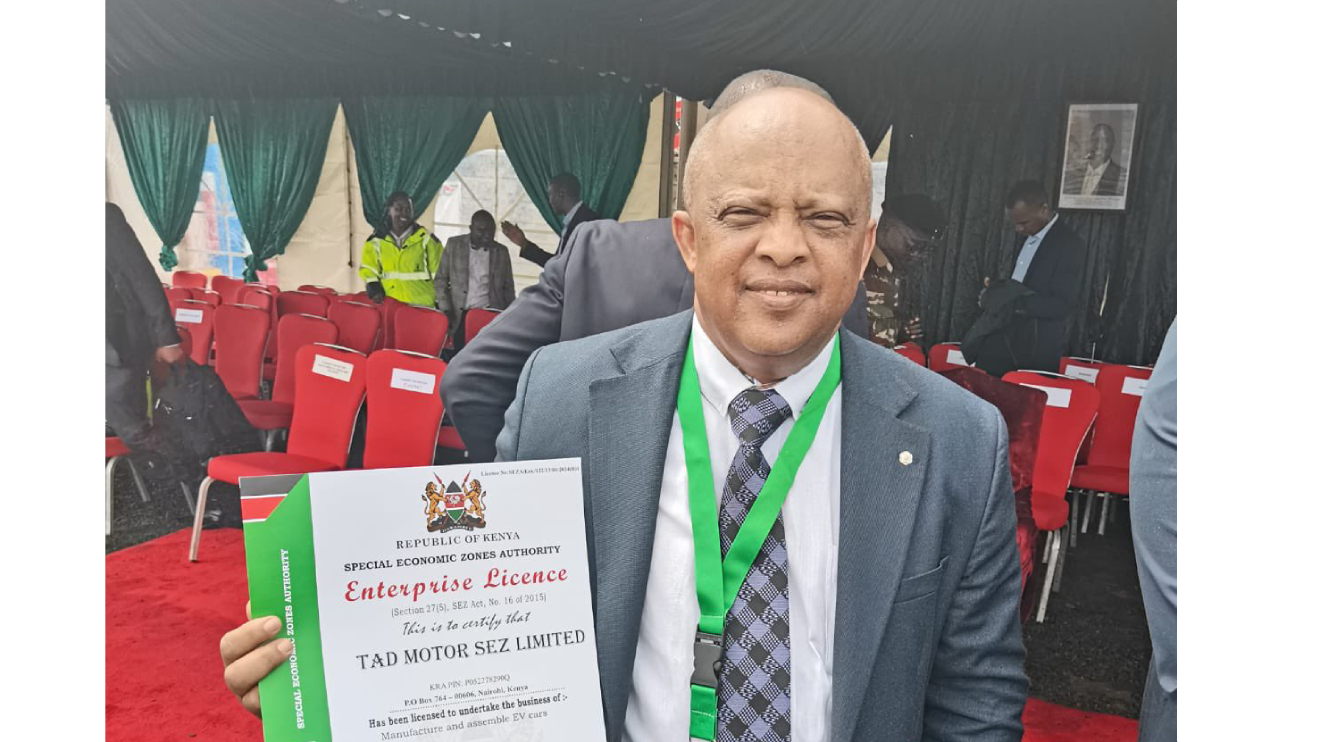KTDA directors from the 71 KTDA-managed factories are scheduled to commence second payment meetings this month, as they review the factories' annual accounts for the 2022-23 financial year.
These meetings, set to run from 11th to 22nd September, hold crucial significance for tea farmers across Kenya.
Factory directors will meticulously examine the performance of their respective factories during the financial year that ended in June 2023.
The outcome of these deliberations will ultimately shape the second payment rates that farmers can expect for their hard-earned tea crops.
Preliminary data casts a shadow over this year's tea industry performance, as both green leaf production and auction prices have experienced a downturn.
Read More
Green leaf deliveries to KTDA-managed factories saw an 8.5 per cent decrease, plummeting from 1.253 billion kilos in the previous year to 1.146 billion kilos in the year ending June 2023. This decline can be attributed to a prolonged drought that adversely affected farm output.
Similarly, tea prices at the auction reported a marginal dip of 3 per cent, with the average price for all KTDA-managed factories standing at US$2.69 in the 2022-23 period, compared to US$2.76 a year earlier.
These challenges have posed significant hurdles to the tea market.
Julius Onguso, Managing Director of KTDA Management Services, shed light on the purpose of the upcoming meetings.
"The directors will be meeting to discuss the performance of their respective factories for the year that ended in June. It is only after that they will announce the second payment rates for their specific factories," Onguso said.
Onguso acknowledged the challenges faced by the Agency in the market, highlighting the difficulties encountered due to the US Dollar shortages in key tea-buying markets such as Pakistan and Egypt.
"We have had the twin challenges of a severe drought and a very challenging global tea market due to lack of access to the US Dollar by key tea buying markets," he stated.
He emphasized the agency's commitment to ensuring that farmers receive fair compensation for their dedication and hard work.
The severe drought experienced in Kenya within the financial year spanning from June 2022 to July 2023 played a pivotal role in the reduced green leaf output from tea farms.
Nevertheless, the KTDA agency remains proactive in implementing measures to shield farmers from the adverse impacts of climatic and market changes.
These strategies encompass cost-cutting initiatives, exploration of alternative energy sources, and diversification into different tea types.
Investments in small hydropower stations for cost-effective power supply and the installation of solar power farms within factories are among the steps taken to ensure sustainability.
Furthermore, eleven factories have established orthodox tea processing lines to reduce dependence on Black CTC teas, with more than five others in various stages of setting up their own orthodox processing facilities.
The KTDA Foundation is also actively engaged in training farmers to diversify their income sources and enhance financial management.
Initiatives include income generation through livestock rearing and the establishment of various businesses such as agro-vets, posho mills, soap making, and beekeeping, among others.
As the directors gather to assess the performance of KTDA-managed factories, the tea industry faces a challenging landscape.
These meetings hold the promise of not only determining second payment rates for farmers but also charting a course towards resilience and sustainability in Kenya's tea sector.







